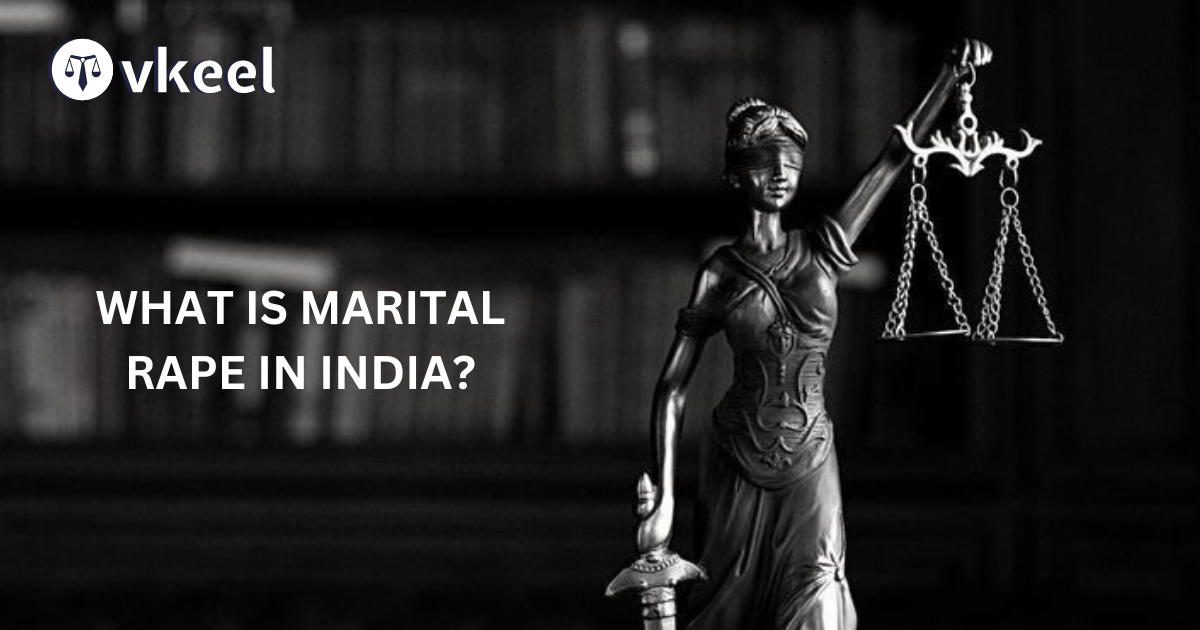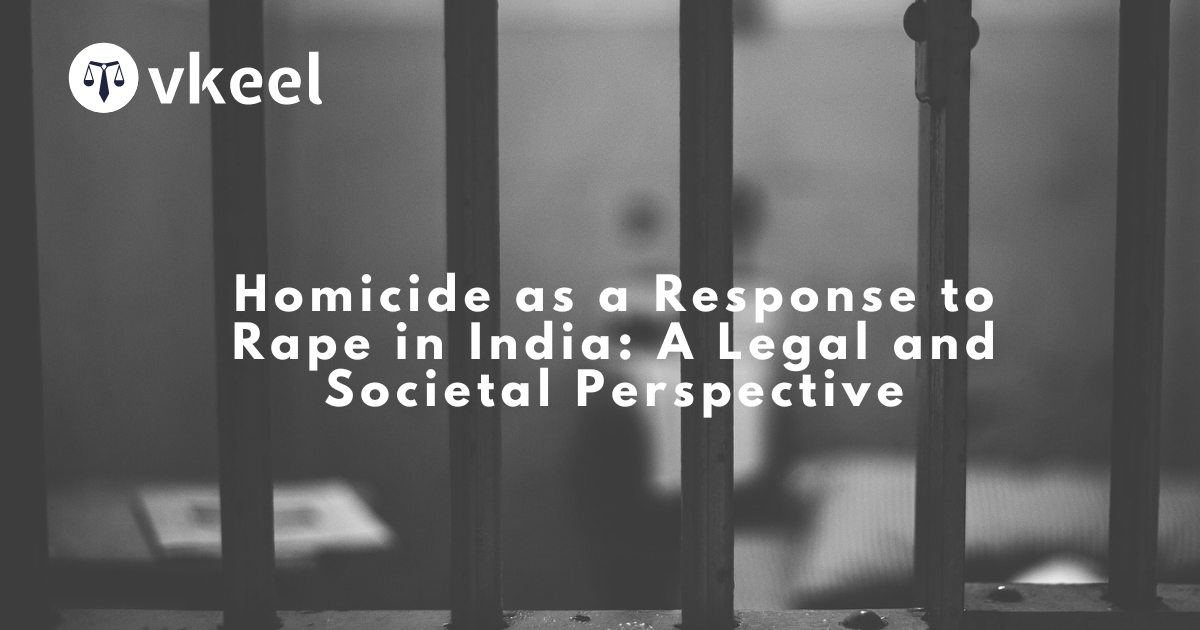What is Marital Rape in India?
By Joy Puri
Table of Contents
Introduction
Talking about the ancient era, there existed various ancient civilizations like Greece, Rome, and Mesopotamia, in which women were often perceived as the property of their husbands.
This perception did not only demonstrate women to subordinate roles but also had a thought that their husbands possessed absolute authority over them, not even leaving behind their body autonomy. In furtherance to that, the concept of rape within marriage was virtually non-existent in legal systems and societal consciousness.
The knot of marriage was often seen with that perspective, as an institution where the husband had unilateral rights over his wife’s sexuality, and thus the idea of consent within marriage was seldom recognized in the knot of marriages during those times.
Coming to the medieval Europe, which was then influenced by Christian teachings and feudal traditions, marital rape was largely overlooked or normalized in the eyes of the people who lived in the aforementioned place.
Their existed a strong belief that a wife’s duty was to submit to her husband’s desires, regardless of her own wishes. Legal systems of the time reinforced this notion, as women were considered to have consented to sexual activity by virtue of their marriage vows. Which in a way reflected the tyranny of the situation.
What is marital rape?
Marital rape signifies to a heinous type form of sexual violence that takes place within the boundaries of marriage or intimate partnerships, where one of the spouse forces the other to engage in sexual intercourse without consent of the latter.
Despite its prevalence and grave impact inflicted on victims, marital rape has historically been overlooked or dismissed due to societal norms, legal frameworks, and cultural beliefs that perpetuate the idea of spousal ownership over the other’s body. Which is now concerning in respect to the bodily respect and autonomy.
Feminist scholars have from the long ages argued that the absence of legal recognition of marital rape tends to open doors for gender inequality and power imbalances within marriage. Once Susan Brownmiller aptly viewed it as, “Rape is nothing more or less than a conscious process of intimidation by which all men keep all women in a state of fear.”
Status at the global stage
Although to understand the status of marital rape it would be better if we classify it as subheads as to what the condition of it is in various countries.
Countries where marital rape is criminalized: In these sort of countries, marital rape is treated similarly to rape as of outside of marriage, and perpetrators can face various legal consequences, including imprisonment. The punishment can range from a few years to life imprisonment, and varies on the severity of the offense and the laws of the specific country mentioned thereof. Eg: United States and United Kingdom
Countries where marital rape is not explicitly criminalized: In these countries, marital rape has not been specifically addressed in the law or has been exempted from prosecution under certain circumstances mentioned in the statutes thereof. In such cases, perpetrators may not face legal consequences for raping their spouses. However in furtherance to the aforementioned, societal attitudes and legal reforms are evolving in many of these countries, and efforts are the underway to criminalize marital rape and provide legal protections for survivors leading to chaos. Eg: India, Afghanistan
Countries with partial criminalization or legal ambiguity: In various countries, marital rape has been partially criminalized or the legal status of marital rape may be ambiguous in nature. This means that while there may be some legal provisions for prosecuting marital rape, they may not be as effective in nature as in countries where marital rape is explicitly criminalized or mentioned in the statutes of the country. Eg: South Africa, Nigeria.
Conclusion
In the prevailing decades, there has been a slight progress in acknowledging and addressing marital rape within legal systems worldwide and in India. Many countries have amended their statutes to entail and criminalize marital rape and provide support services for victims. Although, hurdles remain in enforcing these laws, combating the social stigma, and changing societal attitudes that condone or trivialize marital rape.
Marital rape is a reprehensible act which tends to violate the fundamental principles of consent, body autonomy, and human dignity which are thereby essential to the human life. It represents a form of domestic violence that must be condemned and eradicated through legal reforms, education, and advocacy efforts aimed at promoting gender equality which will therefore lead to ending all forms of violence against women and marginalized communities, thus bringing the better outcomes for the human life in various countries and society.
Disclaimer:
The information provided in the article is for general informational purposes only, and is not intended to constitute legal advice or to be relied upon as a substitute for legal advice. Furthermore, any information contained in the article is not guaranteed to be current, complete or accurate. If you require legal advice or representation, you should contact an attorney or law firm directly. We are not responsible for any damages resulting from any reliance on the content of this website.







